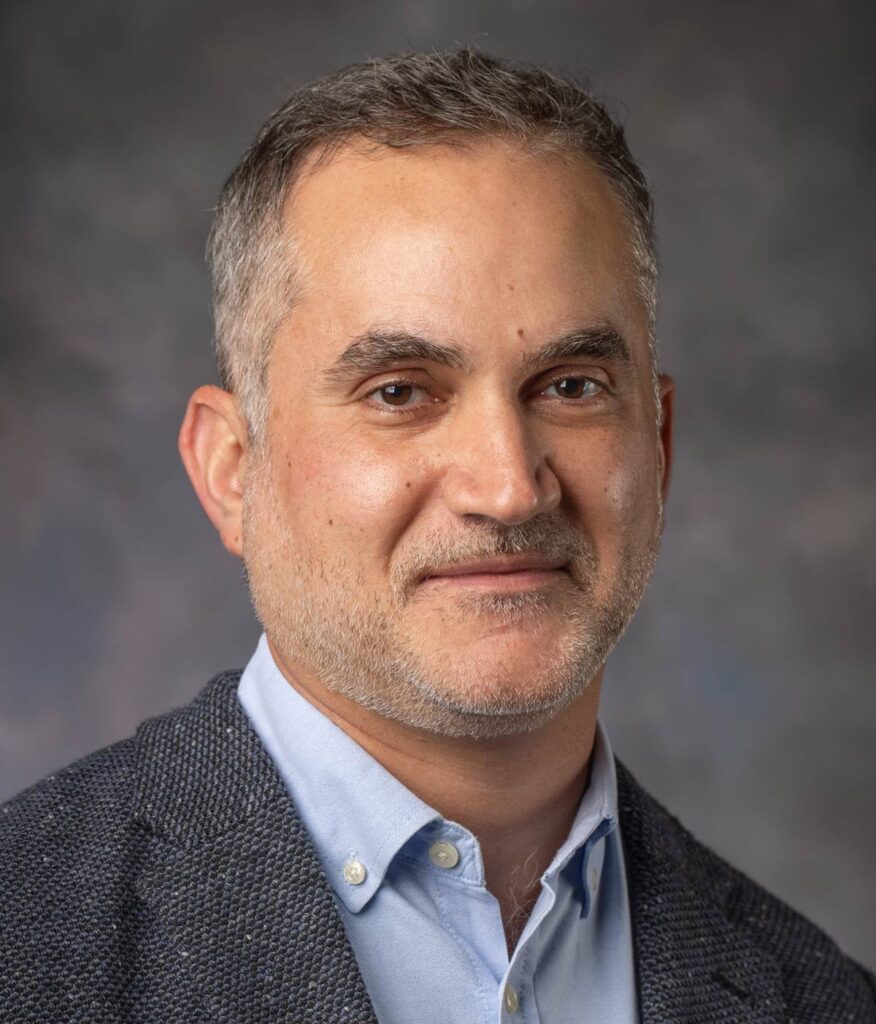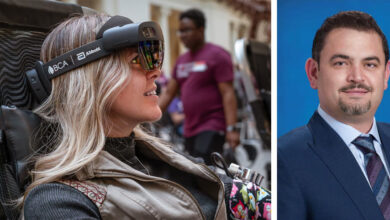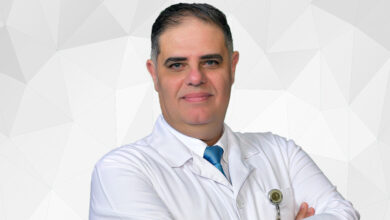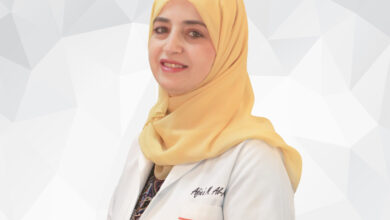“We are fortunate to have our own Institute for Genomic Medicine, which combines a robust clinical laboratory with genome scientists and clinical geneticists”
 Nationwide Children’s Hospital is one of the largest pediatric hospitals and research institutes in the United States. It is consistently ranked as one of America’s top 10 children’s hospitals by U.S. News & World Report, the recognized authority in United States hospital rankings. Ralph Salloum, MD, is a pediatric neuro-oncologist with clinical focus in adolescent and young adult oncology, and brain tumor survivorship. His research is focused on developmental therapeutics, early phase clinical trials and late effects of central nervous system (CNS) tumors. Hospitals magazine recently interviewed Dr. Salloum about Neuro-Oncology at Nationwide Children’s Hospital.
Nationwide Children’s Hospital is one of the largest pediatric hospitals and research institutes in the United States. It is consistently ranked as one of America’s top 10 children’s hospitals by U.S. News & World Report, the recognized authority in United States hospital rankings. Ralph Salloum, MD, is a pediatric neuro-oncologist with clinical focus in adolescent and young adult oncology, and brain tumor survivorship. His research is focused on developmental therapeutics, early phase clinical trials and late effects of central nervous system (CNS) tumors. Hospitals magazine recently interviewed Dr. Salloum about Neuro-Oncology at Nationwide Children’s Hospital.
How are brain and spinal cord tumors different in children than adults?
Although they may look similar microscopically, CNS tumors in children and adults are quite different molecularly. Generally speaking, tumors in children are driven by different genetic and epigenetic changes and carry a lower mutational burden than those seen in adults. Some embryonal tumors are unique to young children, but rare cases have been reported in adults. Adults are also more likely to experience treatment-related tumors such as high-grade gliomas or meningiomas (from radiation exposure for example) and metastatic tumors to the brain from cancers originating outside of the CNS.
What physicians, staff and researchers make up a complete neuro-oncology team?
Given the complexity of the care of neuro-oncology patients, a complete team is truly interdisciplinary, one with the expertise of many different providers.
Neuro-oncologists work closely with neurosurgeons, radiation oncologists, neuropathologists and neuro-ophthalmologists. Neurology, endocrinology, genetics, palliative care and physical medicine and rehabilitation are also fundamental. Psycho-social care is also essential, which requires the expertise of psychologists and neuropsychologists, as well as social workers and even a liaison for the child’s school.
What are some of the latest advancements in pediatric neuro-oncology?
One of the major discoveries made in the field is the role of the epigenome in tumorigenesis. The biological mechanisms that switch genes on and off have been found to be at the origin of more than one type of CNS tumor in pediatric patients. This is a precious tool that can be used to establish a diagnosis, refine the classification of a tumor and most importantly, provide targeted treatment.
What organizations are leading in research and discovery?
I think most academic U.S. and international institutions offer something unique and valuable to pediatric neuro-oncology. The most important discoveries in the field have been the fruit of international efforts and a reflection of how the pediatric medical community is united and determined to fight CNS tumors, find cures and deliver them to our patients.
What does the future of pediatric neuro-oncology research and treatment look like at Nationwide Children’s Hospital?
With the presence of expertise than spans bench and bedside care I think the future of pediatric neuro-oncology care at Nationwide Children’s Hospital is very bright. Recently, we have markedly expanded our clinical trial portfolio by becoming the operation center for CONNECT – an international consortium focused on developing and testing novel therapies in early phase clinical trials. We are also one of the 16 centers participating in the National Cancer Institute’s Pediatric Brain Tumor Consortium (PBTC), as well as the Pediatric Early Phase Clinical Trials Network (PEP-CTN).
We continue to offer numerous clinical trials through National Experimental Therapeutics (NEXT) Consortium, Pacific Pediatric Neuro-Oncology Consortium (PNOC) and Children’s Oncology Group. We also continue to work closely with our own basic and translational scientists to develop new trials with innovative approaches, such as radioimmunotherapy and cell therapy.
At Nationwide Children’s Hospital, we are fortunate to have our own Institute for Genomic Medicine, which combines a robust clinical laboratory with genome scientists and clinical geneticists. Among the institute’s many capabilities is the ability to validate assays using the very latest technology, which allows us to further refine the classification and characterization of our CNS tumors.
To learn more about Nationwide Children’s Hospital and Dr. Salloum, visit NationwideChildrens.org/Specialties/Neuro-Oncology
















